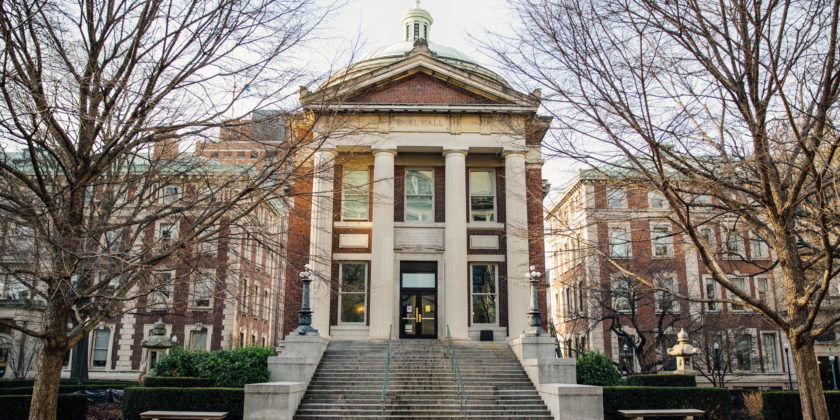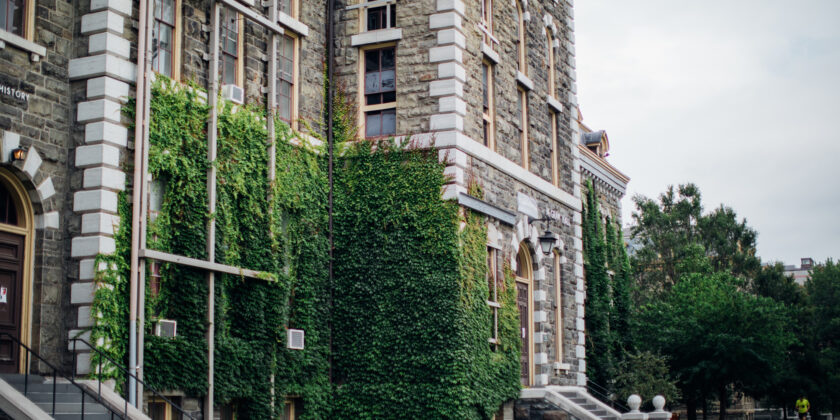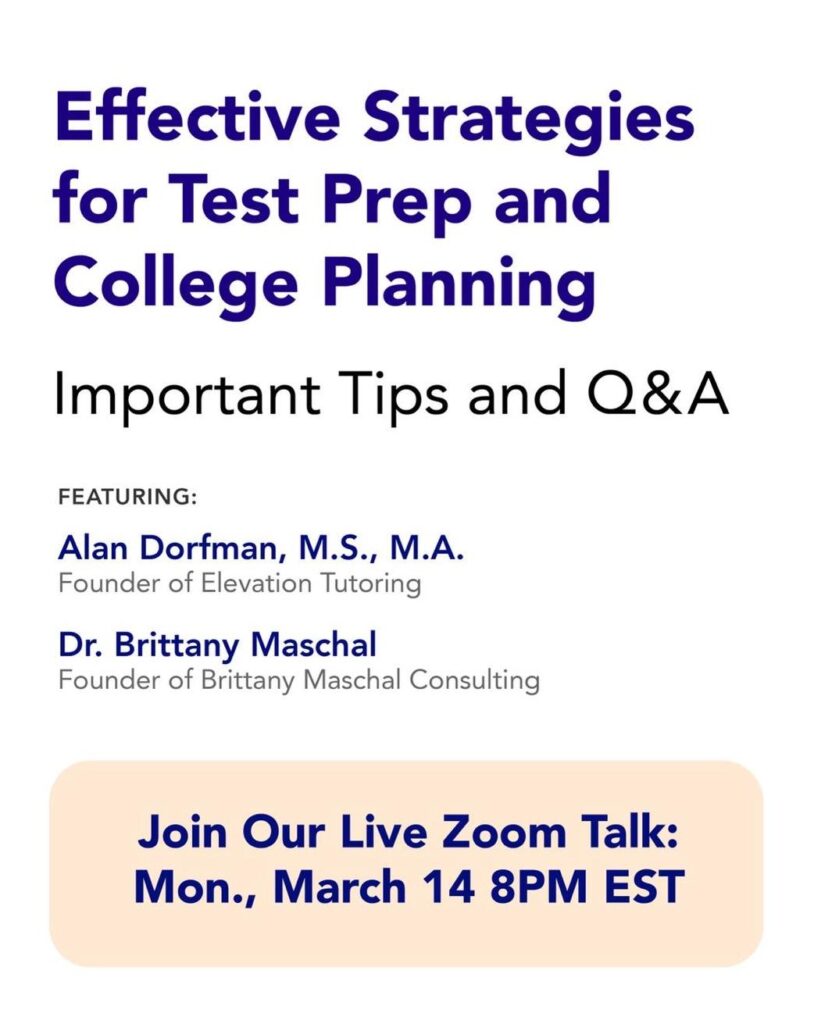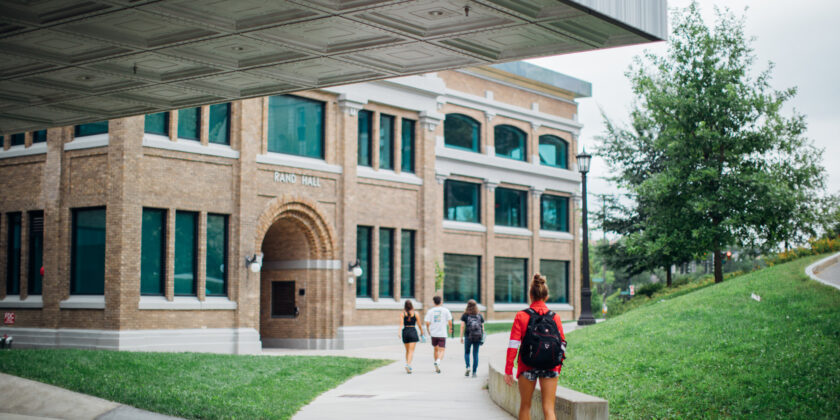School Specific Essays and the Impact of Word Limits
As with the personal statement, there is no set “formula” for writing an effective supplemental essay—and sometimes the best essays are the ones that thoughtfully and creatively break the rules! That said, here is a general overview of how we approach both long and short supps:
- Action: Open with a gripping hook, e.g. a vivid introductory anecdote, provocative statement, or weird fact. (Long, 1-8 sentences; Short, 1-3 sentences)
- Backstory: Give the backstory behind your opening; explain how it connects to your life and your interests. (Long, 1-5 sentences; Short, 1-2 sentences)
- Action Continues/Progress: This is the heart of the essay, and the place where you tell your story as it relates to the prompt. (For both Long and Short essays: This section should constitute the majority of sentences and paragraphs in your essay.)
- Reflection and Conclusion: Conclude by connecting back to the opening hook and/or by looking to the future. (Long, 2-4 sentences; Short, 1-2 sentences)
As you can see, our approach is the same for both long and short essays. However, long essays allow for an extended introduction with a longer scene or story, additional paragraphs that allow for more depth and detail in the body of the essay, and a comprehensive conclusion. Short essays will have highly condensed introductions and conclusions, as well as fewer body paragraphs and less detail. This is why we strongly advocate writing long essays first: it’s easier to go back and trim detail than it is to add detail to a short essay.
Pro Tip –> “Less is more” doesn’t apply to college admissions essays: all of your essays should be as close to the word limit as possible. If you don’t max out the word count, it can look like you haven’t put in max effort. Being 5-10 words shy of the limit is fine, but only writing 200 words for a 250-word essay can look lazy.
*Stay in the know! Subscribe*











